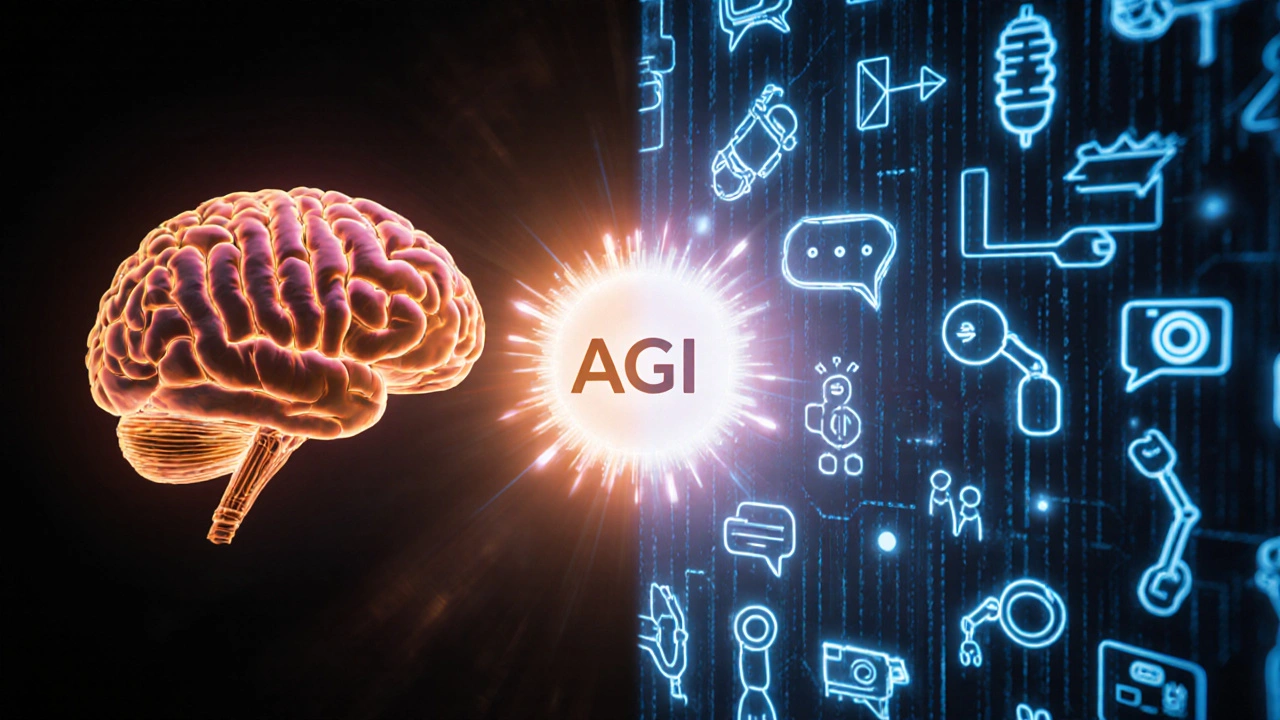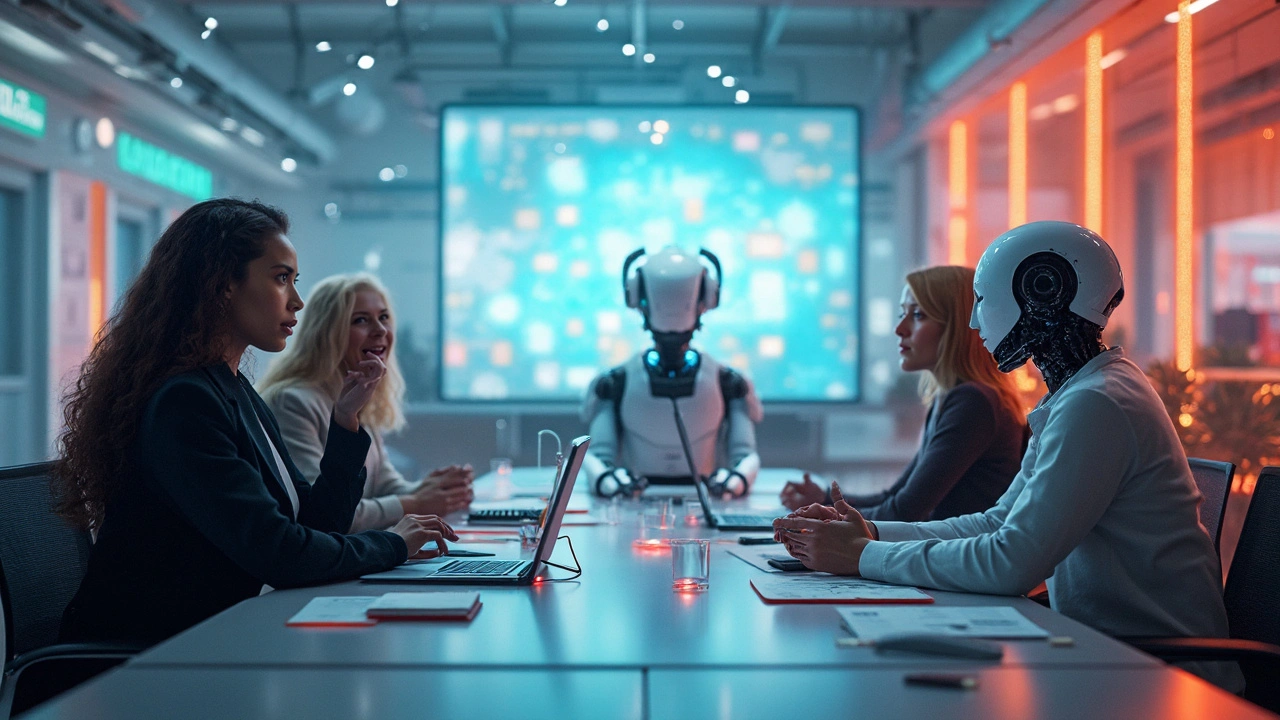AI Research: What You Need to Know and Why It Matters
AI research isn’t just a buzzword; it’s the engine behind the tech tools reshaping our world. Whether you’re a developer, entrepreneur, or just curious, understanding how AI works and how to code for it gives you an edge. This field combines programming skills, smart algorithms, and real data to make technology smarter, faster, and more helpful.
Think about your phone’s voice assistant or recommendation engines on streaming sites. That’s AI research at work. Researchers and developers collaborate to build and improve the systems that enable machines to learn and respond like humans. This means teaching computers to spot patterns, make decisions, and improve from experience, all coded by skilled programmers.
Getting Started with Coding in AI Research
Wondering how to jump into AI research coding? Start simple by picking the right language. Python is a favorite thanks to its clean syntax and powerful AI libraries. Not sure which tools to use? Libraries like TensorFlow, PyTorch, and scikit-learn offer ready-made components to build machine learning models. Experimenting with these tools helps you understand concepts like neural networks and data training without reinventing the wheel.
Keep in mind that AI isn’t about memorizing tons of code but about problem-solving. For example, if you’re working on a chatbot, AI research guides how to teach your program to understand and respond to various questions. As you grow your skills, you’ll find that AI research keeps updating fast, meaning real-world projects often require continuous learning and adjustment.
Why AI Research Skills Boost Your Tech Career
Getting comfortable with AI research places you at the forefront of tech trends. More companies now seek developers who grasp both coding and AI concepts. This opens doors to diverse roles—from automating business workflows to developing apps that personalize user experiences.
Plus, AI research habits sharpen your coding skills overall. Debugging AI models, handling data challenges, and optimizing algorithms build a mindset that’s valuable in any programming job. These skills make you adaptable, ready to tackle both current tech demands and whatever innovations come next.
So if you’re aiming to work smarter and create tech that matters, diving into AI research isn’t just smart—it’s essential. It’s where coding meets creativity to build the future we’ll all live in.

- Oct 21, 2025
- Alaric Stroud
- 0 Comments
Artificial General Intelligence (AGI): The Future of AI Explained
Explore what Artificial General Intelligence is, how it differs from narrow AI, key challenges, timelines, and its impact on society in this comprehensive 2025 guide.

- Mar 2, 2025
- Mark Cooper
- 0 Comments
Artificial General Intelligence: The Apex of AI Exploration
Artificial General Intelligence (AGI) represents the aspiration to create machines that can mimic human intelligence across various tasks. Unlike current AI that excels in specific functions, AGI aims for adaptability and learning beyond pre-defined capabilities. The realization of AGI could transform industries by introducing machines capable of creative problem solving and independent learning. This shift raises questions about potential impacts on society, ethics, and workforce dynamics. Understanding AGI involves exploring the technical challenges and potential societal effects inherent to this advanced form of artificial intelligence.
